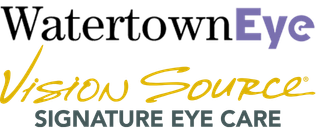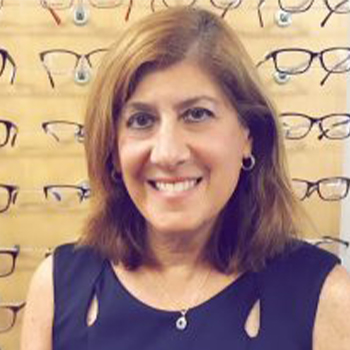With so many careers demanding extensive screen time, it’s no surprise that people are experiencing tired, irritated eyes. Whether you’re a tech professional, an office worker, or a student, prolonged exposure to screens can take a toll on your eyes. As we become more reliant on technology for both work and leisure, the issue of tired eyes becomes more prevalent, with many of us asking: “Do I need glasses?”
At Watertown Eye Associates, we are experienced in assessing and diagnosing eye conditions. We can help you determine whether your eye discomfort is caused by refractive errors or something more serious, like dry eye.
Our Approach
Our approach begins with thoroughly assessing your eye comfort during our comprehensive eye exams. Every patient who walks into the office fills out a short questionnaire designed to evaluate their level of discomfort, from a scale of 0 to 28 (0 being no symptoms, 28 being severe symptoms). Our initial evaluation provides valuable insights into your condition and helps us formulate a tailored treatment plan.
What Is Dry Eye?
Dry eye syndrome has traditionally been associated with a deficiency in tear production. Recently, we’ve noticed that many people can be affected by a loss or blockage in the oil glands in their eyelids—called meibomian gland dysfunction (MGD)—which contributes to their dry eye symptoms.
How Is It Diagnosed?
We use a specialized instrument called the meibography to assess oil production, which allows us to measure the percentage of oil gland loss in your eyelids. Since the loss of these glands tends to worsen with age, early detection is crucial. Identifying and addressing oil gland dysfunction early on helps prevent further deterioration and alleviate your symptoms more effectively.
What Are Possible Treatments?
Based on the severity of the condition, your treatment plan may include a combination of options, like:
- Heat. A moist heat mask can improve the oil glands’ function and enhance comfort.
- Supplements. Re-esterified omega-3 supplements can be recommended to help support your overall eye health.
- Medication. In cases of significant inflammation, anti-inflammatory medications might be prescribed.
- Eye Drops. While eye drops should be considered a short-term solution rather than a cure, they can help soothe symptoms of dry eye. However, as they do not address the underlying causes of dry eye, relying solely on eye drops may not effectively manage the condition in the long run.
Additionally, for your comfort and convenience, Watertown Eye Associates offers intense pulsed light (IPL) therapy, an innovative treatment for dry eye symptoms. IPL therapy can help target dry eye symptoms and help improve the appearance of rosacea, reducing the need for separate treatments.
If you’re experiencing symptoms of dry eyes or are simply concerned about your eye health, schedule a dry eye consultation. Our goal is to provide a comprehensive evaluation and develop a personalized treatment plan that addresses both immediate relief and long-term health. Whether you’re dealing with discomfort from prolonged screen use or other eye issues, Watertown Eye Associates is here to help you find an effective solution for your needs.




